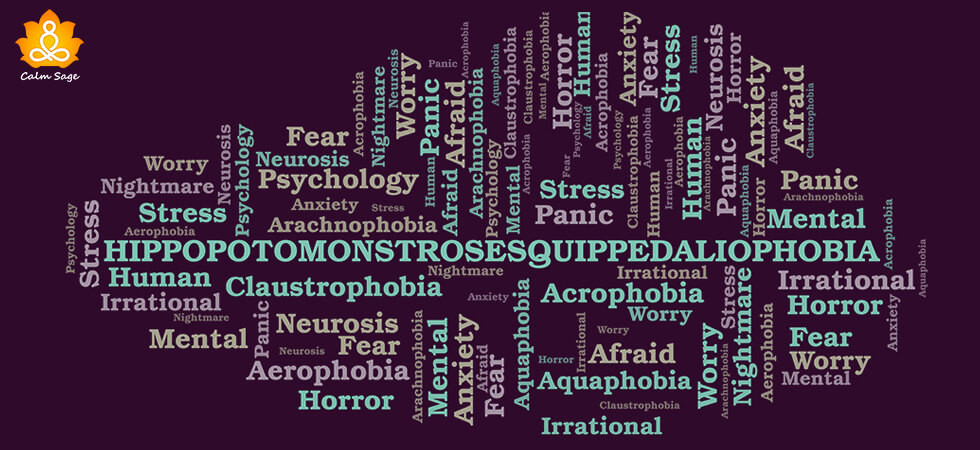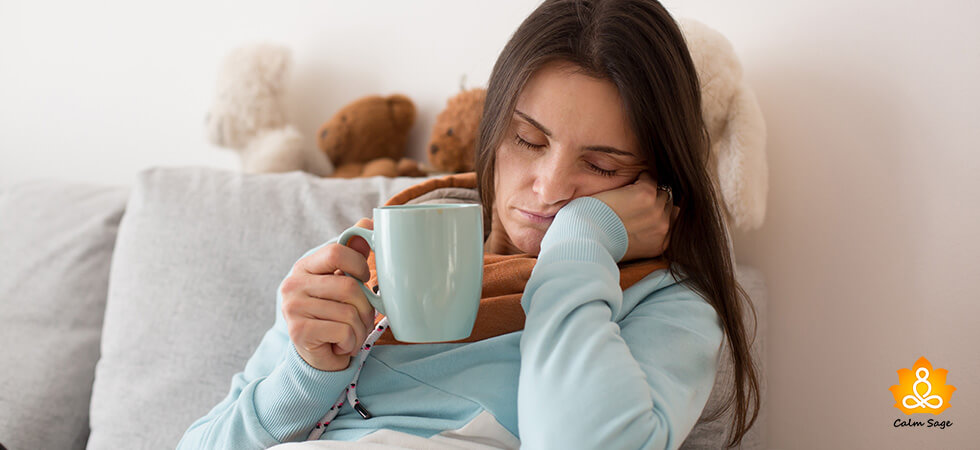September is National Suicide Prevention Month, a month in which we shine a light on one of the most misunderstood and stigmatized human experiences.
I see this month as a call to arms, not in the sense of weapons, but rather in the form of people working together. That said, if we are to leverage the opportunity this month affords us to prevent suicide, we first need to understand suicide.
Most all suicides result from a combination of two things: a mental health disorder — depression, bipolar disorder, post-traumatic stress (PTS), traumatic brain injury (TBI), morale injury, survivors guilt, etc., and aggravating social factors such as relationship problems, death of a loved one, loss of job and associated purpose, legal issues — or financial difficulties. Unfortunately, the destructive clash of these forces far too often ends in the death of hope for the one who is suffering and ending their lives by their own hand.
For me, this hits home on a deeply personal level.
Bipolar disorder struck me in 2003 while a colonel and brigade commander leading thousands of soldiers in the Iraq war. The intense stress of combat set ablaze my genetic predisposition for bipolar. In other words, my DNA was but dry tinder that was lit by the match of battle.
For 12 months of combat, I was primarily manic. I had hyper energy and boundless enthusiasm. At times I felt like Superman and experienced a euphoric high with each mission. But upon redeployment to Germany, the adrenaline, dopamine, and endorphins of war faded, and I spiraled into a serious depression that lasted months.
I reported my depression to medical personnel but was told I was okay because I was not suicidal and didn’t want to hurt anyone. So, in the end, I was deemed ‘fit for duty.’
But the reality was that I had just completed my first entire cycle of bipolar, complete with me standing on the summit of mania and then sitting at the bottommost spot of depression.
For the next eleven years, I cycled through increasing extremes of mania and depression until I rocketed into full-blown acute mania in July 2014. In my most critical state of bipolar disorder, my behavior was so bizarre and disruptive that it undermined my ability to lead effectively.
Ultimately, I was removed from the presidency of National Defense University in Washington DC and ordered a psychiatric evaluation. Three times that same month, I was diagnosed as psychiatrically healthy and ‘fit for duty.’
But I wasn’t.
Four months later, I crashed into severe depression and psychosis, was diagnosed with bipolar disorder type I, and regrettably, retired from active duty.
For the next two years, I was in a fight for my life. Dark, hopeless, crippling depression and terrifying images of my own violent, bloody death filled my mind and dominated my life. Psychiatrists called these ‘passive suicidal ideations,’ but for me, they were anything but passive – they were brutal, and in real, living color!
In a hellish space of absolute mental illness, I was blessed to have both my wife and family stand with me. In time, a close friend helped get me into the VA. There I received excellent care, and I began lifesaving yet the grueling path to recovery.
In looking back, I have often wondered, how was my bipolar missed for so many years by me, my family, and the Army?
After much consideration, I have arrived at these conclusions.
First, bipolar and many other forms of mental illness can be challenging to diagnose, even for medical professionals. This stems from the fact that outside of those practicing psychiatric medicine, other doctors are not well trained to identify and recognize mental illness in ordinary citizens, much less in a senior military officer.
Second, family members are like the proverbial frog in a pot of water; the slight changes over time are too small and incremental to draw attention or alarm.
Third, given the prevalence of stigma, and a steady amount of misinformation, when someone does witness another person who has a mental illness, they are often reluctant to confront or report them.
To change course and move into a better and brighter future for those with mental illness, necessary countermeasures to the current environment and resulting crisis should include:
1) Training people to recognize the primary symptoms of the most common mental health illnesses. Within the same training, empower them to refer the servicemember to a medical professional when they sense there is a problem.
2) Developing ‘safe’ channels of communication to report problems in such a way that eliminates the need to record said communication in official records.
3) Expand the notion of a ‘battle buddy’ to include peer-to-peer counseling.
4) Implore senior leaders to have a confidante who can tell the boss ‘anything’ about him, to include how others see his behavior, the overall state of the unit, what people are thinking and saying, all without the senior leader getting angry or punishing the confidante.
5) Create a campaign, much like the one used to defeat a more traditional enemy, that targets stigma as the villain to be defeated. Include in such a campaign an educational component that illustrates that mental health disorders, like other illnesses, such as cancer or diabetes, are not of the choice or fault of the sufferer and nothing to be embarrassed or ashamed about.
While I never moved from passive suicidal ideations into active ideations and the point of actual suicide, I was in danger of killing myself. I share my story here in part to paint a picture of how someone with a similar disorder, left unchecked, could make that dark walk to ending their life.
Mental health disorders are complex maladies that arise as a result of many factors being present simultaneously. Therefore, they are outside the realm or control of the one suffering and are not representative of a character flaw or lack of willpower.
If we are to prevail in our mission, we must join together to change the perception of a person who has a mental illness. We must see them through the same lens we view a woman fighting breast cancer or a man struggling to overcome a chronic heart condition.
And, we will know we are standing on the level ground of inclusion when the suicide attempt survivor and the person living with bipolar are an extended concern, respect, and understanding, freely and without reservation.
Check yourself and your friends. If there are warning signs, get medical help immediately. It could be a matter of life and death.
Be a leader and spread the word.
Help stop the stigma, prevent suicides, and save lives!
Veterans experiencing a mental health emergency can contact the Veteran Crisis Line at 1-800-273-8255 and select option 1 for a VA staffer. Veterans, troops or their family members can also text 838255 or visit VeteransCrisisLine.net for assistance.
Gregg F. Martin, PhD, is a 36-year Army combat veteran, bipolar survivor and retired two-star general. A former president of the National Defense University, he is a qualified Airborne-Ranger-Engineer and strategist, who holds degrees from West Point and MIT, including the PhD. He is a father, author, speaker and mental health advocate, who lives with his wife in Cocoa Beach, Florida. He is writing a book, “Battling Bipolar – my quest for mental wellness.” For more information, visit www.generalgreggmartin.com





:quality(70)/cloudfront-us-east-1.images.arcpublishing.com/mco/3YRDGNH5ABH3HEI2NLOBE5ZCWQ.jpg)
